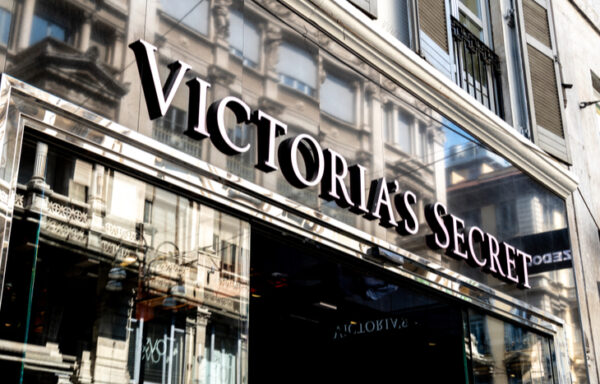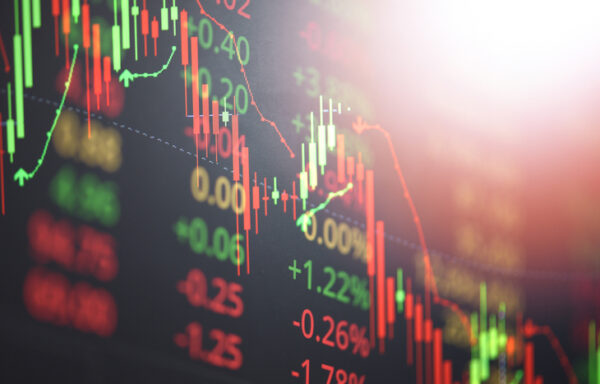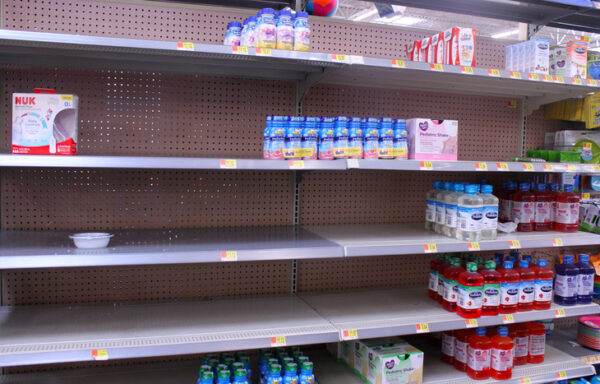Top 5 Gas Stocks to Buy Now With Soaring Gas Prices in 2022
Are you sick of overpaying at the pump? Investing in gas companies might help you earn some back with industry profits soaring. Although many energy stocks are up well over 100% in the past year, there are several gas stocks to buy now with more room to run.
As leaders shift their focus to tackling skyrocketing energy prices, the Biden Administration moves forward with its first land sale for gas and oil drilling. The move is significant for gas companies, allowing them to expand production. Not only that but with tension in Ukraine rising, prices are expected to remain elevated.
Furthermore, to help Europe reduce its dependence on Russian oil, the U.S. is working to supply at least 15 billion cm liquified natural gas (LNG) this year.
Will the increase in output spike profits even further? Keep reading to find the best gas stocks to buy now looking to benefit.

Best Gas Stocks to Buy Now
The U.S. Energy Information Administration (EIA) predicts natural gas consumption to continue rising with increasing economic activity. On top of this, natural gas is a cleaner fuel source than coal, making it a higher priority to use.
Especially as the world turns to renewable energy, natural gas will be the placeholder with coal use declining. Currently, renewables only make up about 12% of U.S. energy consumption.
Nevertheless, it will be years before there is enough clean energy to power the U.S., let alone the rest of the world. Given these points, here are the best gas stocks to buy now to take advantage of the supply/demand imbalance.
- Cheniere Energy (Nasdaq: LNG)
- Occidental Petroleum (NYSE: OXY)
- EQT Corporation (NYSE: EQT)
- Gas Stocks to Buy Now No. 2
- Gas Stocks to Buy Now No. 1
You can find why these are some of the best gas stocks to buy now below.
No. 5 Cheniere Energy
- Target Price (Upside %): $151 (+8%)
- Annual Revenue (YOY Change): $15.9 billion (+128%)
2021 was a record year for Cheniere Energy despite the pandemics’ major effects on the industry. Cheniere provides LNG and transport services mainly on the Gulf Coast. In 2021, the LNG provider saw record earnings (EBITDA), distributable cash flow and export volumes.
With several long-term contracts in place, Cheniere is locking in profits for years. For example, in February, the company signed a supply agreement with EOG Resource, tripling the volume of LNG.
Lastly, the gas firm has a strong international presence with growing demand for its services. With this in mind, China’s ENN LNG also signed a long-term contract to take advantage of lower price U.S. LNG.
Keep reading for more info on the best gas stocks to buy now.
No. 4 Occidental Petroleum
- Target Price (Upside %): $67 (+14%)
- Annual Revenue (YOY Change): $26.3 billion (+62%)
After teaming up with Warren Buffett and outbidding Chevron for Anadarko, Occidental controls a good chunk of territory in the Permian Basin. The move, which many said was ill-advised, is turning out to be a great success.
The Permian Basin is widely considered one of the best spots in the U.S., with booming oil & gas reserves. Not to mention the area has one of the lowest breakeven drilling prices.
Now that oil prices are still lingering around $100 a barrel, the deal looks to pay big dividends. The breakeven is about $46 a barrel in the Permian, and OXY is the largest in the region. With this in mind, the company is expecting earnings to continue accelerating.
No. 3 EQT Corporation
- Target Price (Upside %): $47.5 (+14%)
- Annual Revenue (YOY Change): $6.7 billion (+158%)
EQT Corp is the largest natural gas producer in the U.S., with over 1.8 Bcfe in 2021 sales volume. With rising demand for natural gas globally, prices are up over 145% since last year.
With this in mind, EQT is strategically aligning the company for future profitability. For one thing, the company expects its acquisition of Alta Resources to boost profit margins and free cash flow (FCF).
Finally, EQT is hedging a part of its sales to buffer spiking energy prices. Therefore, the natural gas firm expects to generate over $10B in FCF through 2026 while the hedges pay off.
[gated-content list=’INVESTME’ headline=’Keep Reading This Article and Find Out the Top 2 Gas Stocks to Buy Now’ body=’
Enter your email below to read the reveal of the top two gas stocks.
You’ll also be opted in to receive our free daily e-letter, Investment U, where you’ll find expert investment insight, analysis and stock picks for all the best investment opportunities.
‘ button=’Unlock The Rest’ mvid=’1516177′ coreg=’274702′]
No. 2 Chesapeake Energy
- Target Price (Upside %): $102 (+13%)
- Annual Revenue (YOY Change): 7.3 billion (+58%)
Widely considered one of the best gas stocks to buy, Chesapeake Energy is another company using higher profits to better its position. For example, CHK bought Chief E&D Holdings earlier this year, furthering their position in the Marcellus shale.
The gas firm says the move immediately upgrades its portfolio and increases its five-year FCF outlook to over $9 billion.
With natural gas demand expected to remain strong, the company is bolstering its capacity. And so far, it looks to be paying off.
No. 1 Antero Resources
- Target Price (Upside %): $43 (+26%)
- Annual Revenue (YOY Change): $6.5 billion (+92%)
Antero Resources is an investor favorite after AR stock raced over 250% in the past year. The E&P company is the second-largest NGL producer and fifth-largest natural gas provider.
Antero can be more aggressive with its strategy with a bulletproof balance sheet. As a result, the gas firm generates sector-leading cash flow yields. With this in mind, Antero generated $849 million in FCF in 2021 compared to (-171,831) in 2020.
Furthermore, the company expects FCF to remain strong, reaching $1.5 billion-$1.7 billion, with low leverage. If this is the case, investors can expect between 25%-50% of it to be returned via dividends and buybacks.
[/gated-content]
Should You Invest in the Top Gas Stocks to Buy Now?
With volatile price swings and changing storylines, investing in commodities is not for everyone. The most important thing to keep in mind is supply and demand. Nonetheless, demand for natural gas is expected to continue rising. Will supply catch up?
With Federal officials opening land to lease for oil and gas drilling, it may be the first step in boosting production. But it will still take time for companies to obtain equipment, drill, and process the resources.
For this reason, natural gas looks to be a valuable commodity for some time to come. These are some of the best gas stocks to buy now that are positioning themselves for future profits.
[adzerk-get-ad zone="245143" size="4"]About Pete Johnson
Pete Johnson is an experienced financial writer and content creator who specializes in equity research and derivatives. He has over ten years of personal investing experience. Digging through 10-K forms and finding hidden gems is his favorite pastime. When Pete isn’t researching stocks or writing, you can find him enjoying the outdoors or working up a sweat exercising.





